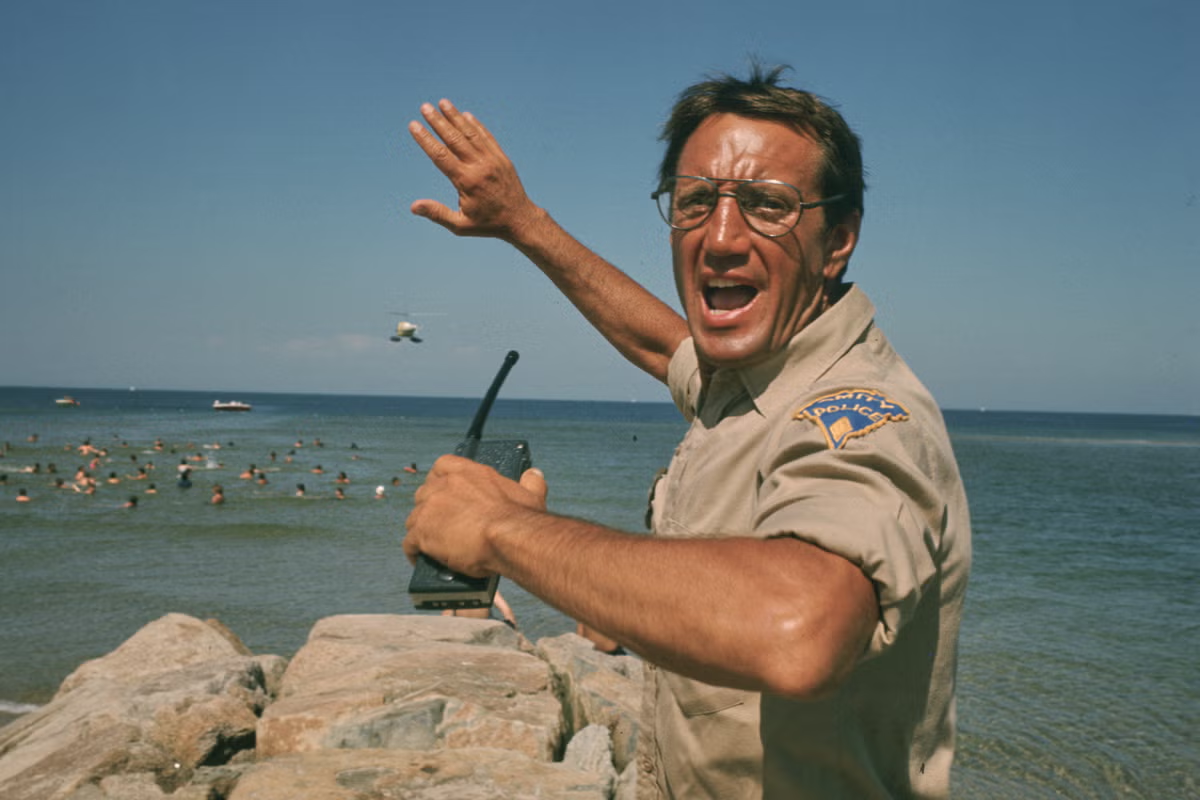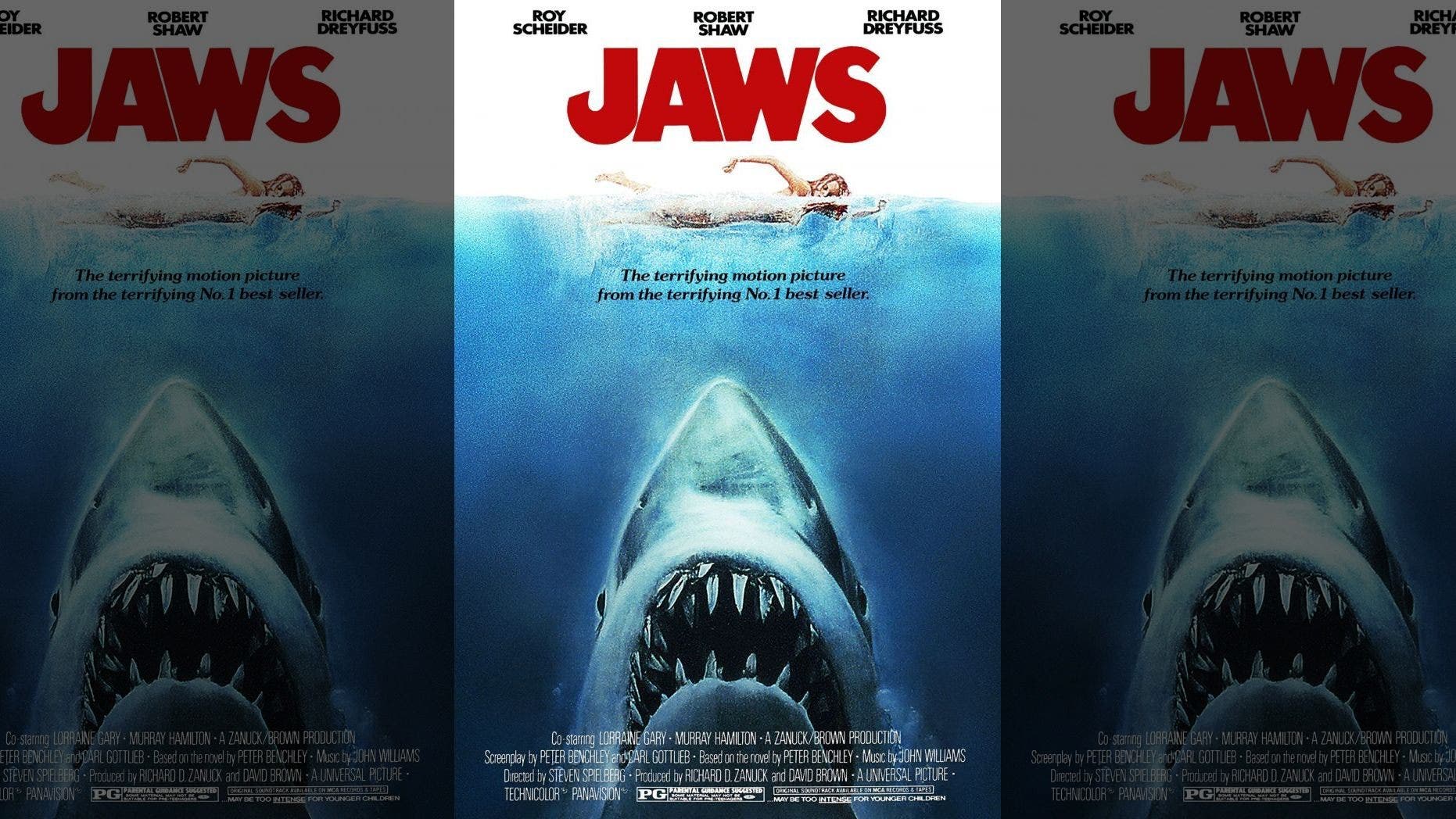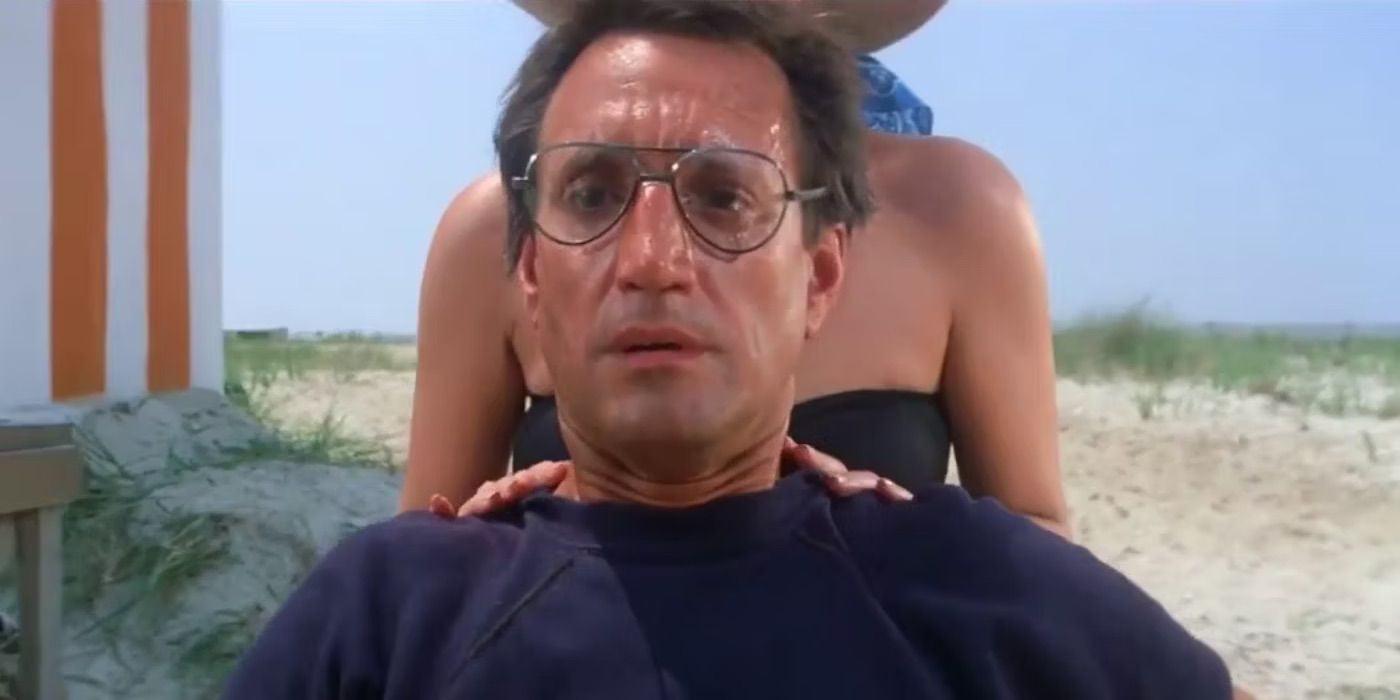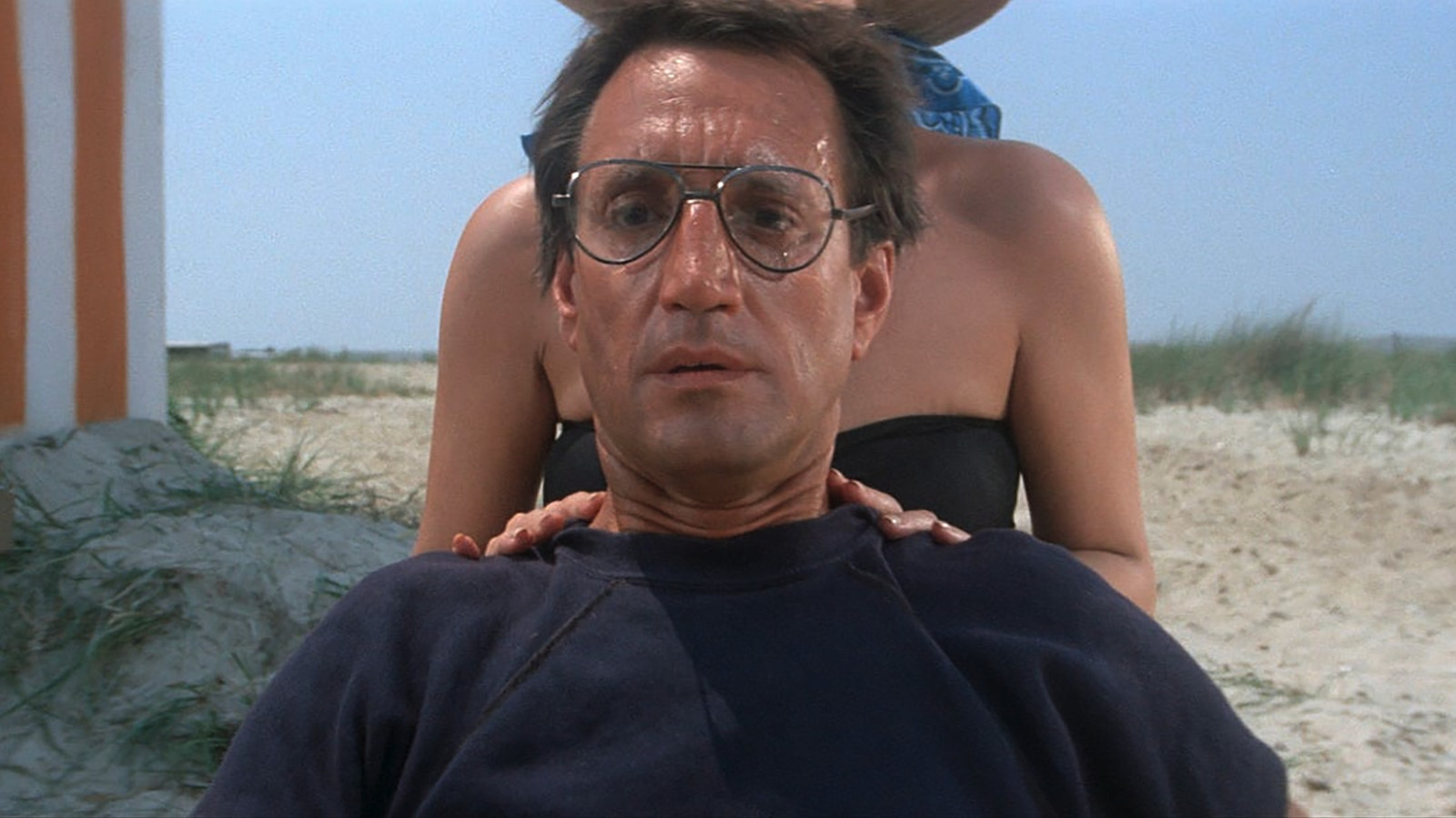Jaws: Retrospective and Historical Insights

Since its release in the summer of 1975, Steven Spielberg's cinematic masterpiece, "Jaws," has continued to captivate audiences, with repeated viewings consistently yielding new insights and previously unnoticed details. Beyond the initial shocks—like Chrissie Watkins's first tug, Ben Gardner's severed head, or the shark's sudden appearance behind Chief Brody—the film reveals a profound brilliance in its narrative layers and the performances of its lead actors, Roy Scheider, Robert Shaw, and Richard Dreyfuss.
One such detail, often missed on early viewings, highlights the subtle machinations at play within the fictional Amity Island. Following Chief Martin Brody's discovery of Chrissie Watkins's death, categorized as a "SHARK ATTACK," Brody walks through the village. Cinematographer Bill Butler's camera briefly captures telling background business: the Medical Inspector (Robert Nevin, a real-life doctor) and Amity Gazette editor Harry Meadows (Carl Gottlieb, also the film's co-screenwriter) emerging from their workplaces to meet with Mayor Larry Vaughn (Murray Hamilton). This meeting foreshadows their complicity in the cover-up, as Vaughn's 1974 Cadillac Coupe de Ville, bearing a "VAUGHN'S REALTY" sign, underscores his vested interest in keeping the beaches open. Despite Brody's findings, Meadows downplays the shark attack, while the Medical Inspector conveniently reattributes Chrissie's death to a "boating accident," retracting his earlier phone statement to Brody. This unconscionable corruption, driven by economic concerns, leaves the viewer breathless and aligns with themes of paranoia and distrust in government, a striking parallel to the Watergate scandal that unfolded concurrently with the film's production and release.
Mayor Larry Vaughn, who chillingly remains mayor in "Jaws 2," stands as one of cinema's most reviled villains, yet he did not act alone. Much of Amity's upper-class business community, fearing economic repercussions, actively denied the predator's presence. It was only after Chrissie Watkins, Alex Kintner, Ben Gardner, and the Estuary Man were tragically consumed that a shell-shocked Vaughn finally authorized Quint to hunt the great white. Even Brody, a virtuous family man and police chief, initially capitulated to Vaughn's pressure to keep the beaches open, a decision that earns him a deserved slap from the grieving Mrs. Kintner. The film also ramps up the stakes by killing off a child and Pippit the dog, signaling that no one is truly safe. Despite the intense violence, "Jaws" surprisingly received a PG rating, a common occurrence before the introduction of the PG-13 designation in 1984.
The well-documented issues with the mechanical shark ultimately forced Steven Spielberg to innovate, elevating the film's suspense through ingenious cinematic techniques. From the menacing point-of-view shots of the shark to the legendary dolly zoom on Chief Brody's face as he witnesses an attack from shore, and the creative use of water-level perspectives, these challenges birthed some of the film's most iconic moments. "Jaws" is also a masterclass in pacing and sound, largely attributed to John Williams' instantly recognizable and often-imitated score, Verna Fields' Academy Award-winning editing, and the exceptional work of the sound team (John Carter, Roger Heman, Robert L. Hoyt, and Earl Madery). Despite these technical and artistic triumphs, it is widely considered an injustice that Spielberg was not nominated for Best Director, nor Scheider for Best Actor, or Shaw and Dreyfuss for Supporting Actor awards, especially given the film's enduring impact compared to many of the year's actual nominees.
Steven Spielberg himself later reflected on his disappointment at being overlooked for a Best Director Oscar nomination for "Jaws." He admitted to believing the industry buzz, which made the snub more impactful. While his career undoubtedly rebounded, leading to nine total Best Director nominations and two wins for "Schindler's List" and "Saving Private Ryan," the 1975 Best Director category was undeniably competitive, featuring cinematic giants like Stanley Kubrick, Robert Altman, Sidney Lumet, Federico Fellini, and Miloš Forman (who won for "One Flew Over the Cuckoo's Nest"). Nevertheless, "Jaws" received a Best Picture nomination, a rare acknowledgment for a horror film at the time, underscoring its undeniable quality and impact.
Beyond its thrilling narrative, "Jaws" captures an authentic slice of summer Americana. Spielberg and screenwriters Peter Benchley (who cameos as the TV journalist interviewing Vaughn) and Carl Gottlieb, with the aid of casting director Shari Rhodes, populated Amity Island with memorable local characters. Peggy Scott delivers a scene-stealing performance as Polly the secretary, recounting humorous complaints about nine-year-olds karate-chopping picket fences. Dark humor also pervades the film, from Brody and Hooper's visit to the Medical Inspector's lab, where Chrissie's remains are shockingly contained in a small tub, to Hooper's uninvited arrival at Brody's house with wine, only for Brody to unceremoniously pour red wine into his nearly finished glass of whiskey. Gottlieb's background in smart comedies shines through in the sharp, witty dialogue. One of the most haunting elements of the film is Quint's iconic USS Indianapolis monologue, detailing his harrowing survival after a shark attack. This captivating scene, both terrifying and poetic, was largely rewritten by Robert Shaw himself, drawing from various drafts and injecting his own haunting phrases, such as the description of a shark's "lifeless eyes, black eyes, like a doll's eyes." The historical accuracy of the USS Indianapolis sinking lends even greater gravitas to Quint's chilling recount, which ultimately foreshadows his own demise.
Spielberg's genius in maintaining tension even when the shark is not on screen is a testament to his understanding of character. Brody's creeping anxiety, Quint's jaded philosophy, and Hooper's righteous anger create a potent mix that keeps audiences deeply invested. The director's masterful use of the camera, whether through long takes to facilitate conversation or wide angles to immerse the audience, ensures high tension and clear stakes throughout. Backed by a brilliant script, exceptional cast, and unforgettable score, "Jaws" stands as an early-career masterpiece that fundamentally reshaped the landscape of the modern summer blockbuster, cementing its place as a timeless classic that continues to yield new discoveries with every viewing.









